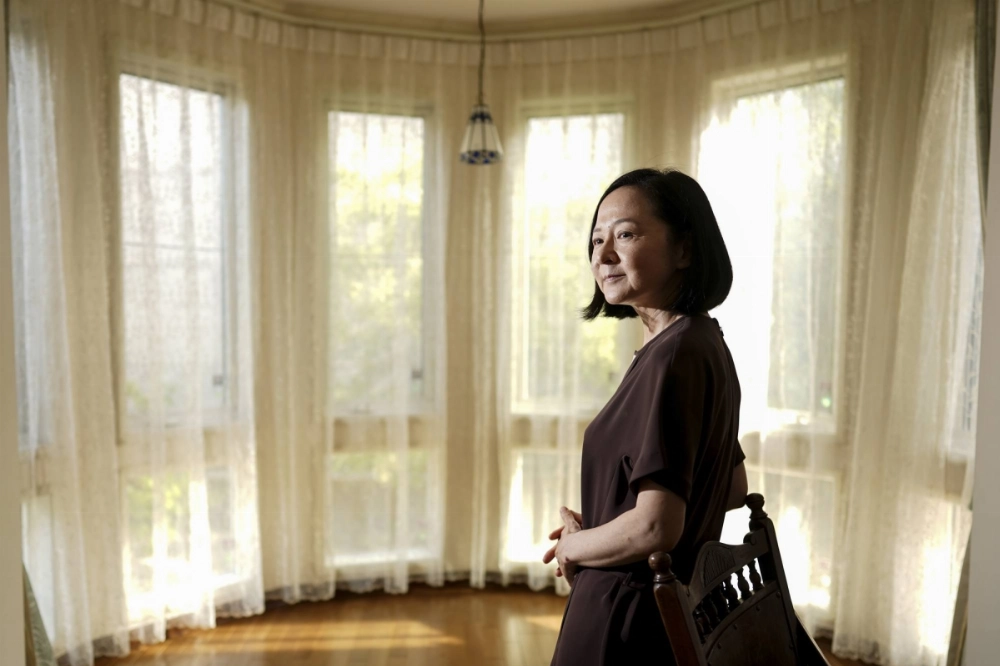As the recipient of literary accolades ranging from the Akutagawa and Yomiuri prizes to the Shirley Jackson and the American Book awards, Yoko Ogawa is one of the most accomplished Japanese authors of the past 30 years. She is also arguably one of the most eclectic.
In Japanese, Ogawa has published at least 52 books with around 19 different publishers, covering remarkably wide-ranging genres and themes, including 14 works of nonfiction plus a translation. She has written a touching story about a friendship between a math professor, who can retain new memories for only 80 minutes, and his housekeeper’s son (“The Housekeeper and the Professor”), a science fiction novel about an island whose inhabitants slowly forget objects and concepts (“The Memory Police”), and a triptych of psychological horror stories centered on womanhood and alienation (“The Diving Pool”). She has also written a macabre short story collection in the same vein as Edgar Allen Poe (“Revenge: Eleven Dark Tales”) as well as books introducing scientific concepts to a general audience.
All this means that her latest work to hit English-language bookshelves — “Mina’s Matchbox,” translated by Stephen Snyder and released by Pantheon Books — deserves ample excitement.


















With your current subscription plan you can comment on stories. However, before writing your first comment, please create a display name in the Profile section of your subscriber account page.